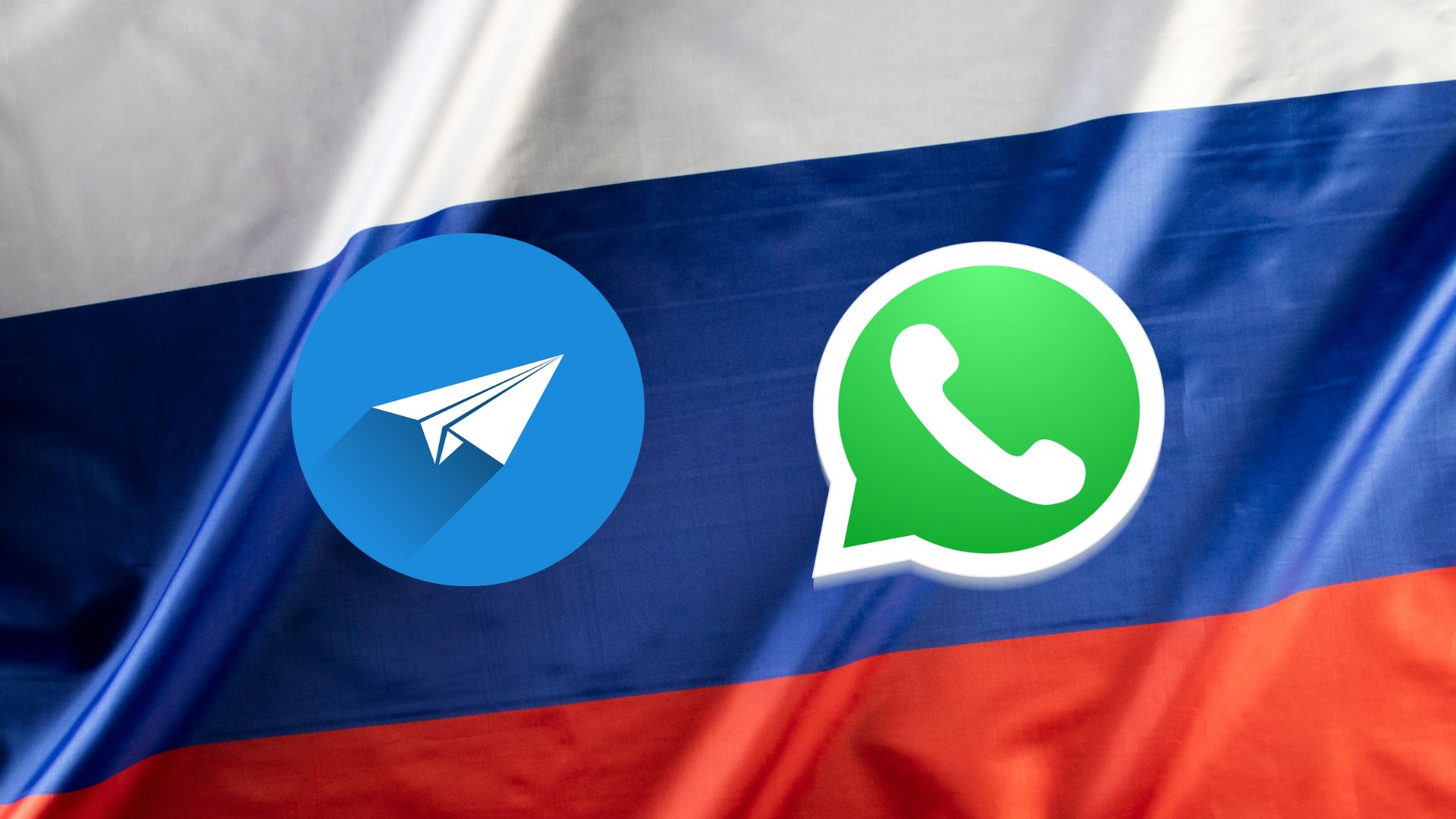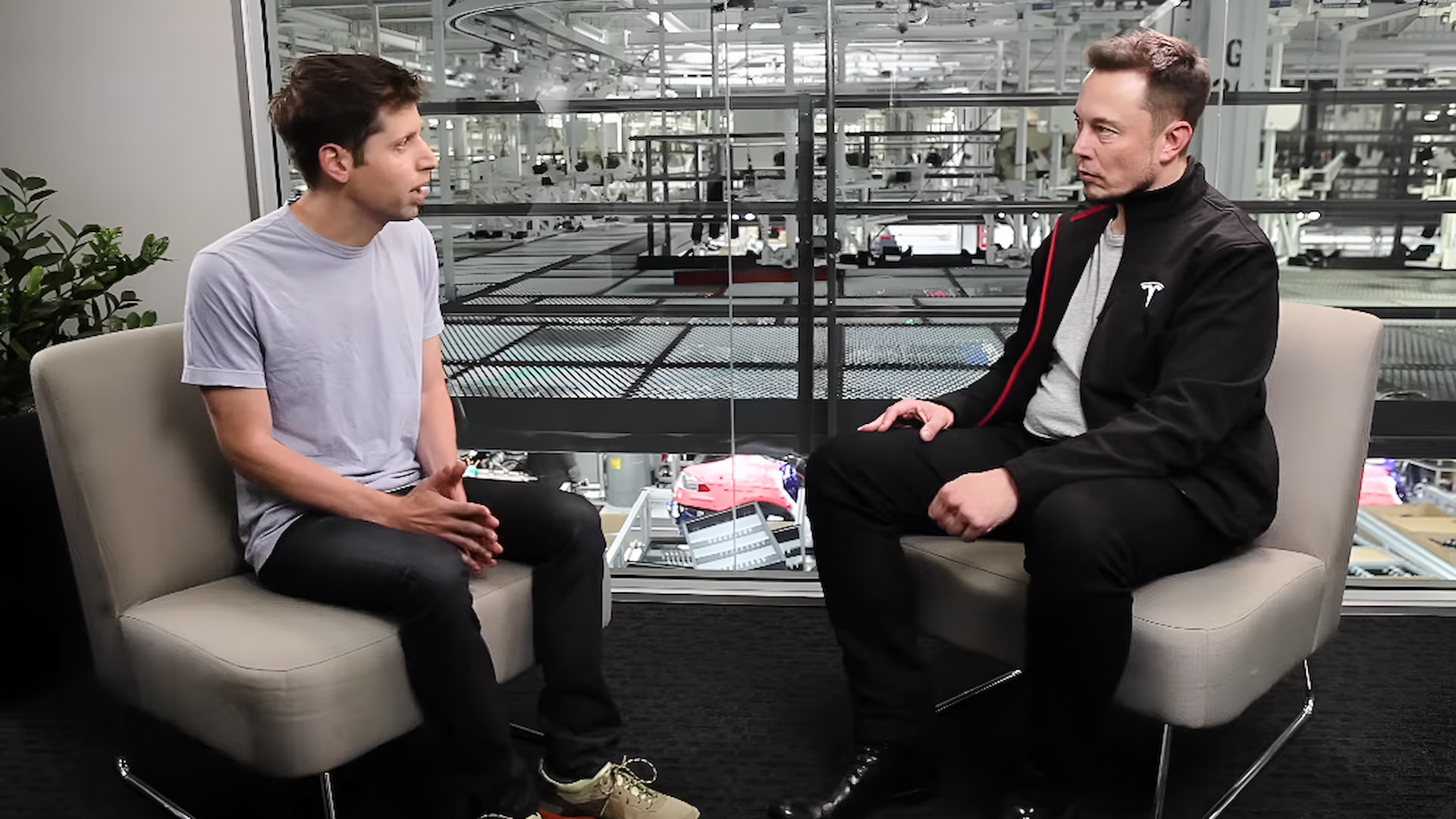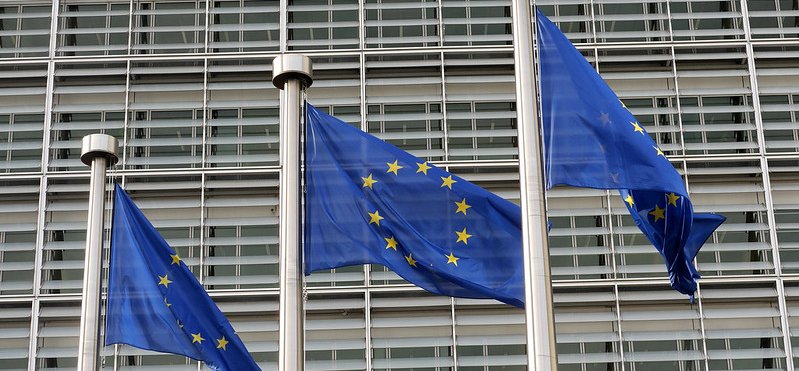Adult site traffic in the UK has fallen dramatically since the new age verification rules were enacted on 25 July under the Online Safety Act.
Figures from analytics firm Similarweb show Pornhub lost more than one million visitors in just two weeks, with traffic falling by 47%. XVideos saw a similar drop, while OnlyFans traffic fell by more than 10%.
The rules require adult websites to make it harder for under-18s to access explicit material, leading some users to turn to smaller and less regulated sites instead of compliant platforms. Pornhub said the trend mirrored patterns seen in other countries with similar laws.
The clampdown has also triggered a surge in virtual private network (VPN) downloads in the UK, as the tools can hide a user’s location and help bypass restrictions.
Ofcom estimates that 14 million people in the UK watch pornography and has proposed age checks using credit cards, photo ID, or AI analysis of selfies.
Critics argue that instead of improving safety, the measures may drive people towards more extreme or illicit material on harder-to-monitor parts of the internet, including the dark web.
Would you like to learn more about AI, tech and digital diplomacy? If so, ask our Diplo chatbot!










